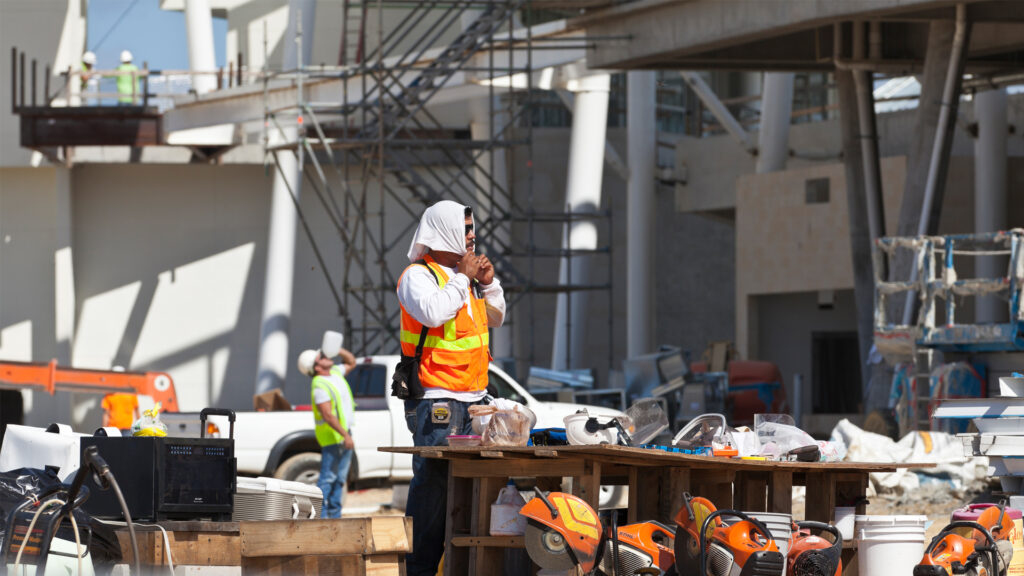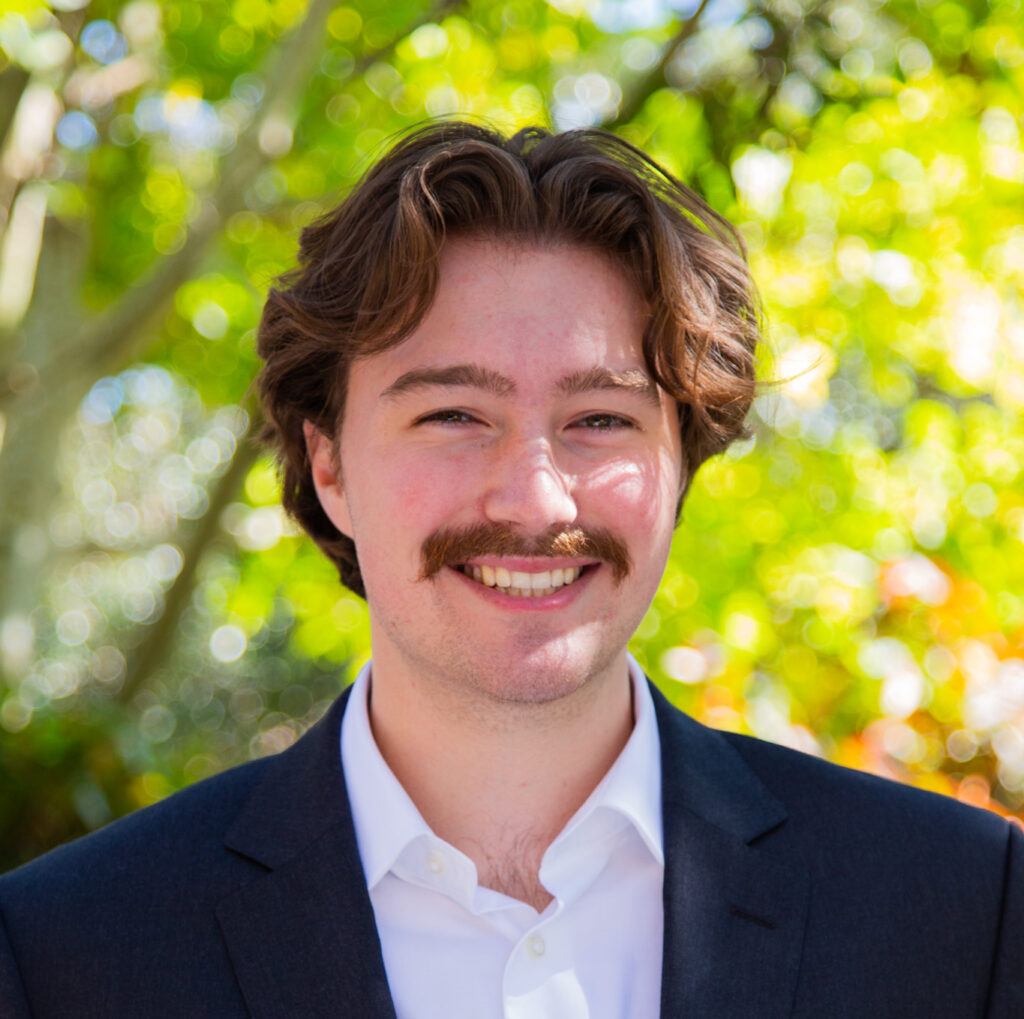By Ryan Miles, genCLEO
As a junior at the University of Central Florida studying environmental science with a GIS certification, I am deeply concerned about the future of our planet, particularly in the face of the climate crisis. The recent failure of heat illness prevention legislation (SB 762/HB 945) to pass in the Florida Legislature is not just a missed opportunity, it’s a setback for the safety and well-being of Florida’s outdoor workers.
As a resident of Orange County, I witness firsthand the challenges posed by climate change, from scorching heat waves to the increased frequency of extreme weather events. SB 762/HB 945 sought to establish essential workplace safety regulations to prevent heat illness for outdoor workers, including requirements for heat exposure safety programs and provisions for shade and breaks on hot days.
These measures are not only necessary but also humane. No worker should have to endure hazardous conditions without adequate protection, especially when the technology and resources exist to mitigate these risks.

Reflecting on my own experiences and those of others, it’s clear that the need for action is urgent. As a renter in Central Florida, I understand the importance of access to shade and water during outdoor activities and having functioning and effective air conditioning. However, things like air conditioning are not necessarily guaranteed in Florida housing due to a lack of requirements for it.
For many outdoor workers in industries such as landscaping, construction and theme parks, these basic protections are often lacking. It’s unacceptable that essential workers are forced to labor in extreme heat without proper safeguards while their employers prioritize profit over safety.
I grew up in Virginia, where I witnessed firsthand the dangers of heat exposure during summer football conditioning. Despite multiple players suffering from heat exhaustion, the emphasis on practice persisted, putting players’ health at risk. This disregard for safety is not unique to sports but extends to various industries where workers are routinely exposed to extreme heat without adequate protections.
We are grateful for our representatives who voted in favor of heat illness prevention legislation and applaud their efforts in acknowledging that temperatures are getting hotter and threatening our health and economy. The failure to pass the legislation during this session, however, represents a missed opportunity to prioritize the well-being of Florida’s workforce.
It’s disheartening to see corporate interests take precedence over the safety and dignity of workers. As we strive for a more just and equitable society, it’s imperative that we address the intersectionality of climate change and social justice.
Environmental racism and economic inequality exacerbate the impacts of climate change, disproportionately affecting marginalized communities. Low-income neighborhoods and communities of color bear the brunt of environmental pollution and climate-related disasters, not to mention greater exposure to extreme heat as a result of working jobs in outdoor industries, highlighting the urgent need for systemic change and policy protection as temperatures continue to increase in a warming world.

It’s utterly perplexing that while SB 762/HB 945 aimed to protect outdoor workers, another bill that proposed the opposite (HB 433) passed this session and is awaiting the governor’s signature. This bill, unbelievably, bans local governments from requiring contractors to provide heat safety measures such as water breaks and shade to outdoor workers.
After a summer of record-breaking heat, we failed to adopt policies to protect our essential outdoor workers. Prioritizing profit over the health and safety of workers is both nonsensical and reprehensible.
I urge lawmakers to reconsider legislation like SB 762/HB 945 in future sessions and take meaningful action to address the impacts of climate change on our communities. Let us stand together in solidarity with outdoor workers and frontline communities, demanding justice, equity and a sustainable future for all.
Ryan Miles is an organizer for genCLEO, the youth advocacy arm of the CLEO Institute, and is president of its UCF chapter.
If you are interested in submitting an opinion piece to The Invading Sea, email Editor Nathan Crabbe at ncrabbe@fau.edu. Sign up for The Invading Sea newsletter by visiting here.



